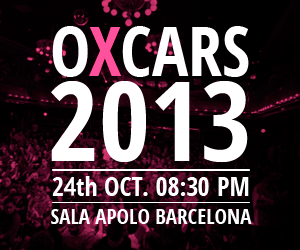Outputs
Sustainable Models for Shared Culture. Case Studies and Policy Issues
Supporting experiences, collecting challenges, sharing skills and building sustainable models for the cultural sector in the digital era
A policy briefing proposal written by:
CONSERVAS/Xnet, Barcelona
Stichting Kennisland, Amsterdam
World-Information Institute, Vienna
National Hellenic Research Foundation/ National Documentation
Centre (NHRF/EKT), Athens
Algunos retos en materia de derechos de autor y sostenibilidad de nuevos modelos editoriales o lo que la industria tradicional puede y debe aprender de experiencias de Cultural Libre editorial y otras propuestas en red
La industria cultural del libro, cuyo mercado es, a escala europea, el principal del sector cultural en términos de cifras de facturación y el más antiguo dentro de la producción cultural, se enfrenta hoy a una profunda e incontestable reconversión industrial, económica y, querríamos pensar, jurídica. La potencia simbólica del objeto libro y del oficio editorial, legitimada por la contribución única de la cultura impresa a la historia occidental, parece actuar como un lastre a la hora de imaginar y llevar a cabo nuevas experiencias y modelos de negocio que favorezcan la adaptación necesaria y coherente a las nuevas realidades tecnológicas y los hábitos de consumo y acceso cultural que estas han propiciado.
Some challenges concerning copyright and the sustainability of new publishing models
The book industry, which is the largest market in terms of annual turnover in the cultural industry at the European level, and also the oldest cultural production industry, is currently undergoing a profound restructuring in the industrial, economic and – we hope – legal sense. The symbolic power of the book-object and of the publishing profession, legitimised by the unique contribution of print culture to Western history, appear to hinder our ability to imagine and implement new experiences and business models that favour the necessary, coherent adaptation to the new technological realities and to the consumer and cultural access habits that they have brought about.







